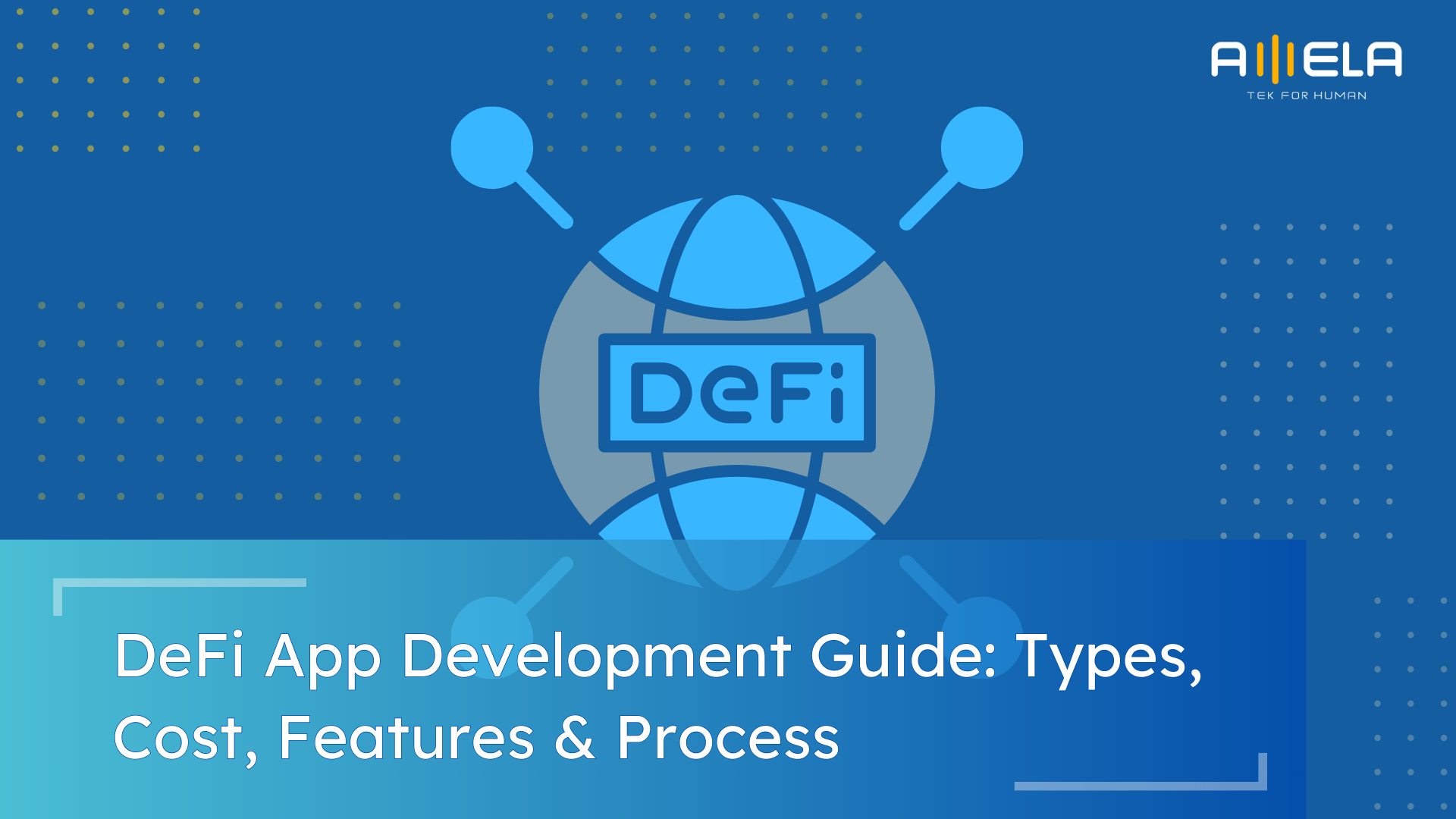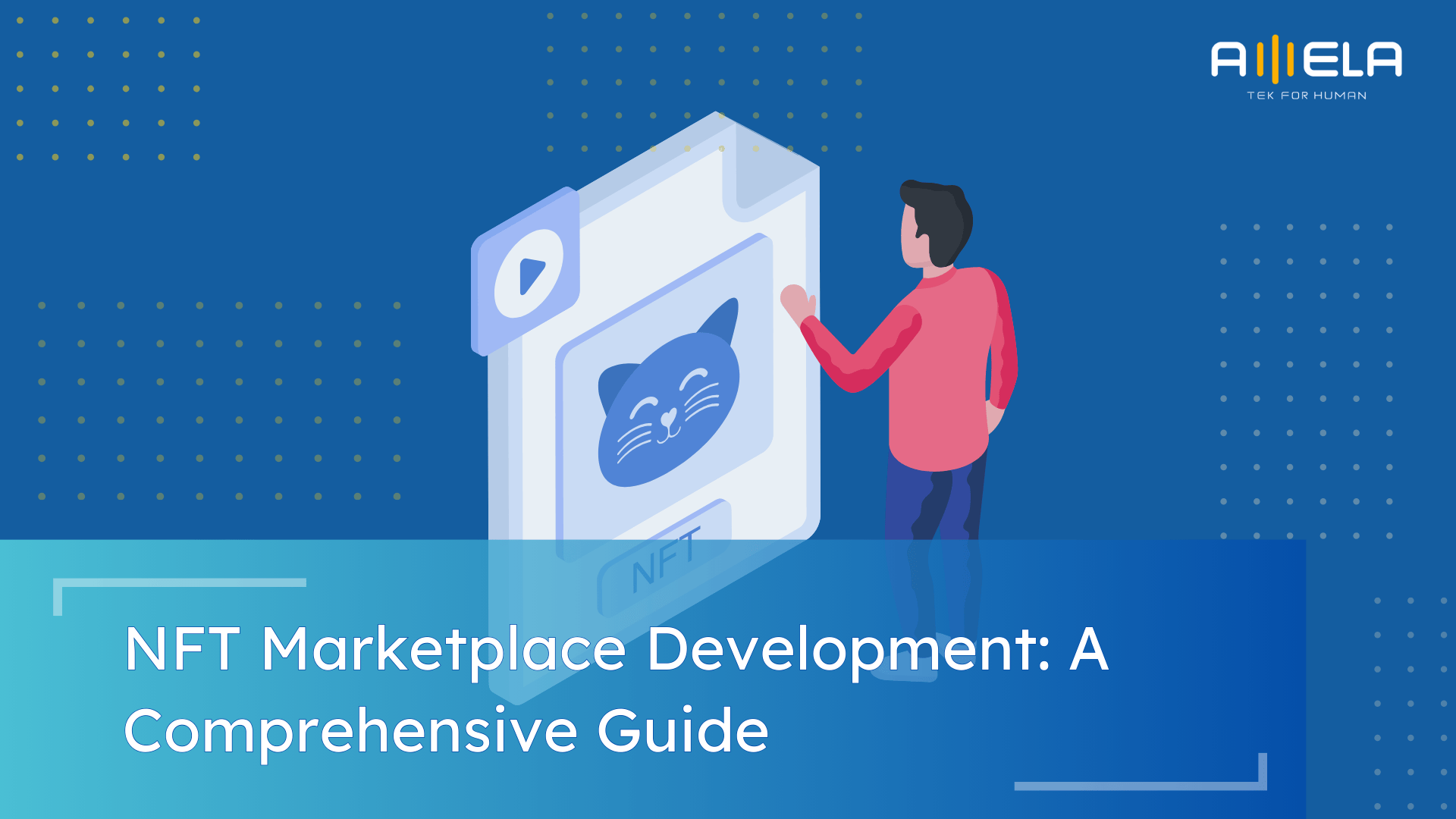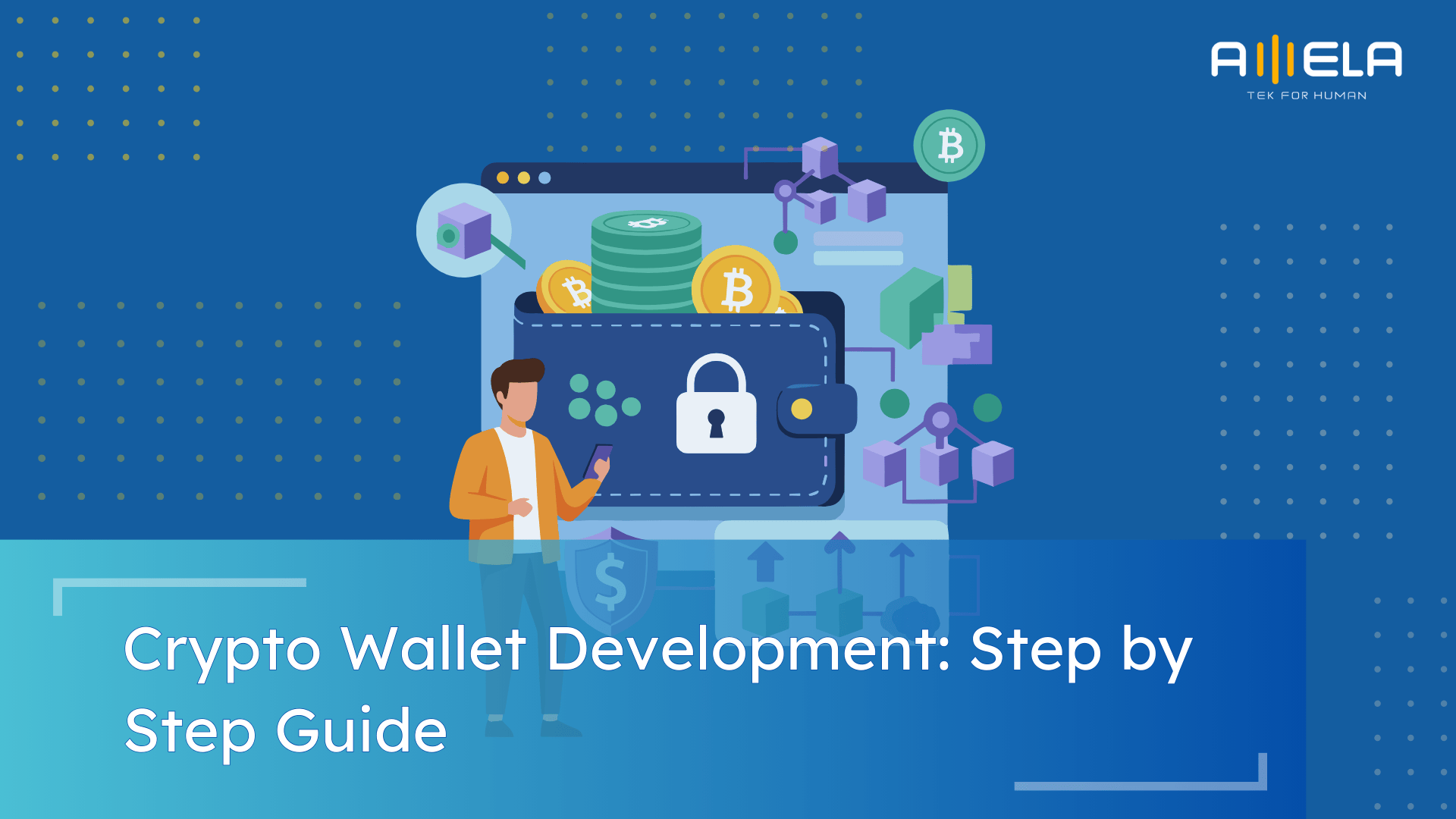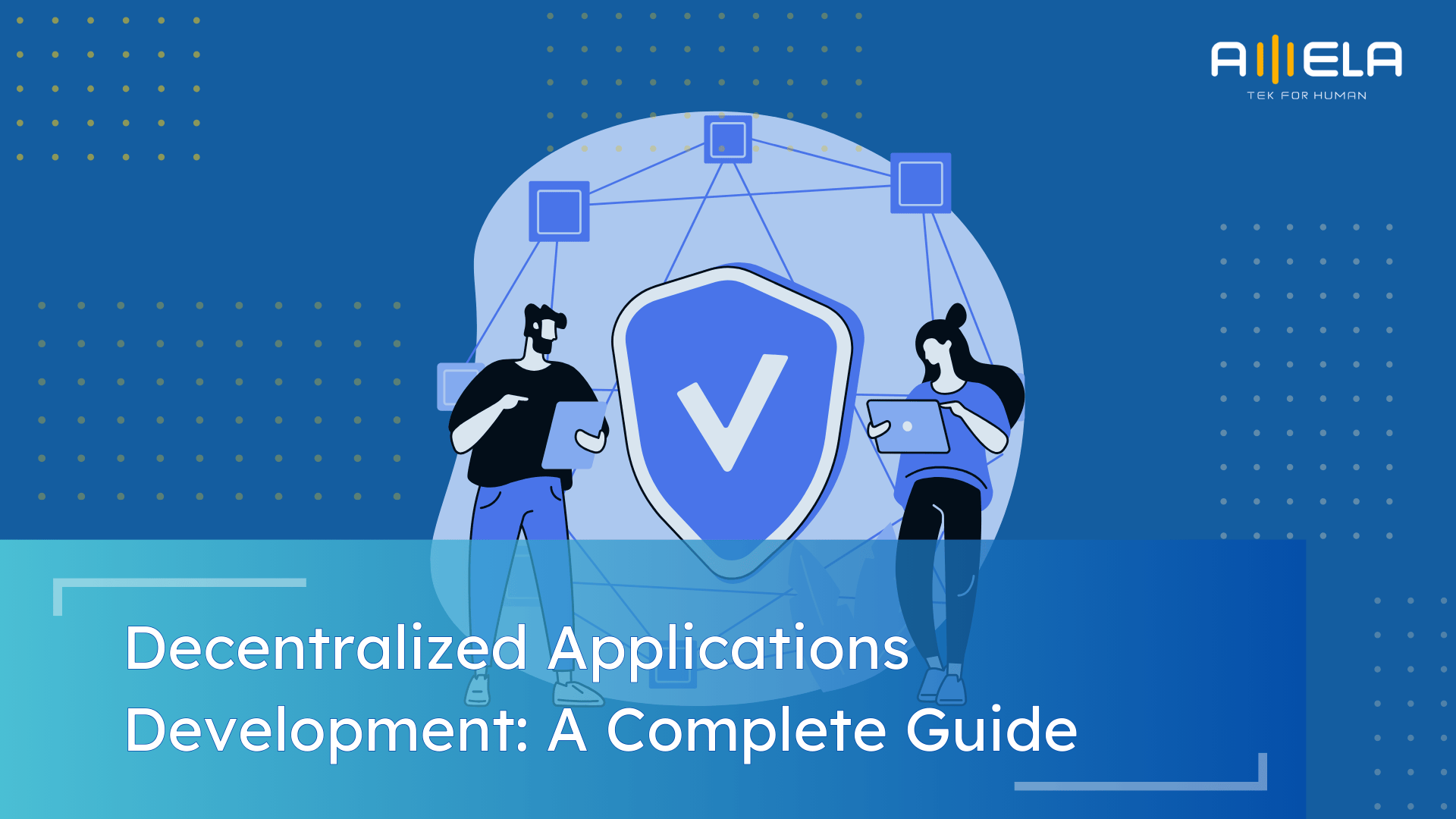DeFi app development is no longer an experimental playground—it has become a form of financial infrastructure built entirely in code. From what we’ve seen in real projects, the challenge today is not whether to build a DeFi app, but how to do it safely, sustainably, and with clear economic logic. As decentralized finance matures, expectations […]
An nft marketplace development guide is increasingly relevant as NFTs move beyond hype-driven collectibles into real digital ownership and business use cases. According to Fortune Business Insights, the global NFT market reached USD 26.9 billion in 2023 and is projected to grow at a CAGR of over 34%, driven by gaming, media, brand engagement, and […]
Key Takeaways To build a crypto wallet successfully, security decisions matter more than feature count. Weak key management or unclear signing flows can break user trust instantly. Crypto wallets do not store assets—they control private keys. Ownership in crypto is defined by cryptography, not institutions or platforms. Wallet UX directly impacts adoption. Clear transaction previews, […]
Decentralized app development has moved from experimentation to real-world production, powering applications that handle billions in value and millions of users. As blockchain technology matures, developers are no longer asking whether decentralized apps work, but how to design them responsibly, securely, and at scale. From our experience building and reviewing DApps across multiple industries, successful […]
The NFT marketplace industry continues to evolve at a rapid pace, and 2026 is shaping up to be a pivotal year for innovation and adoption. As blockchain technology becomes more advanced, the demand for secure, scalable, and user-friendly NFT platforms grows. In response, several development companies have emerged as leaders, offering specialized services to create […]
If you want to build a blockchain in Rust, you’re choosing one of the most powerful and reliable paths in modern Web3 development. Rust gives you the combination of speed, safety, determinism, and concurrency that blockchain systems desperately need — especially when handling thousands of transactions, enforcing strict consensus rules, or executing untrusted smart contracts. […]
The rise of Web3, decentralized apps, and digital assets has pushed companies to explore tools that help them build faster, experiment safely, and scale without needless complexity. That’s where Python for blockchain development really shines. With Python ranked as the world’s most widely used programming language (Stack Overflow Developer Survey 2023) and blockchain adoption projected […]
Web3 development cost has become one of the most important considerations for businesses exploring blockchain, NFTs, DeFi, or decentralized applications. With the rapid growth of the Web3 ecosystem and the increasing demand for secure, transparent digital products, companies are realizing that building on blockchain requires a very different approach compared to traditional software. The technology […]
Blockchain gaming is no longer a niche experiment — it’s one of the fastest-evolving segments of Web3. According to DappRadar’s 2024 Industry Report, blockchain games accounted for over 35–40% of all blockchain activity and consistently attracted 1.2–1.5 million daily active users across major chains. Meanwhile, a MarketsandMarkets 2024 forecast projects the global blockchain gaming market […]










